Research Brief: Recognizing the Need for Harmonized Monitoring Efforts in the African Great Lakes
1The African Great Lakes region provides a host of ecosystem services to the surrounding countries, including Burundi, Democratic Republic of Congo, Ethiopia, Kenya, Malawi, Uganda and Zambia. Like other Great Lake regions, Lake Albert, Lake Edward, Lake Kivu, Lake Malawi/Niassa/Nyasa, Lake Tanganyika, Lake Turkana, and Lake Victoria have been the focus of research, though various limitations have prevented in-depth and long-term research on the lakes from being conducted.
Still, the African Great Lakes are vital to the basin as a water source, aquaculture and fisheries, biodiversity, land use, and other ecosystem services. While the lakes are critical to the region, there is limited understanding of the lake’s dynamics due to insufficient research in the past.
Recognizing this, a 2023 article published in the Journal of Great Lakes Research outlines the need for long-term, harmonized monitoring efforts in the African Great Lakes, as well as proposes strategies for implementing these methods.
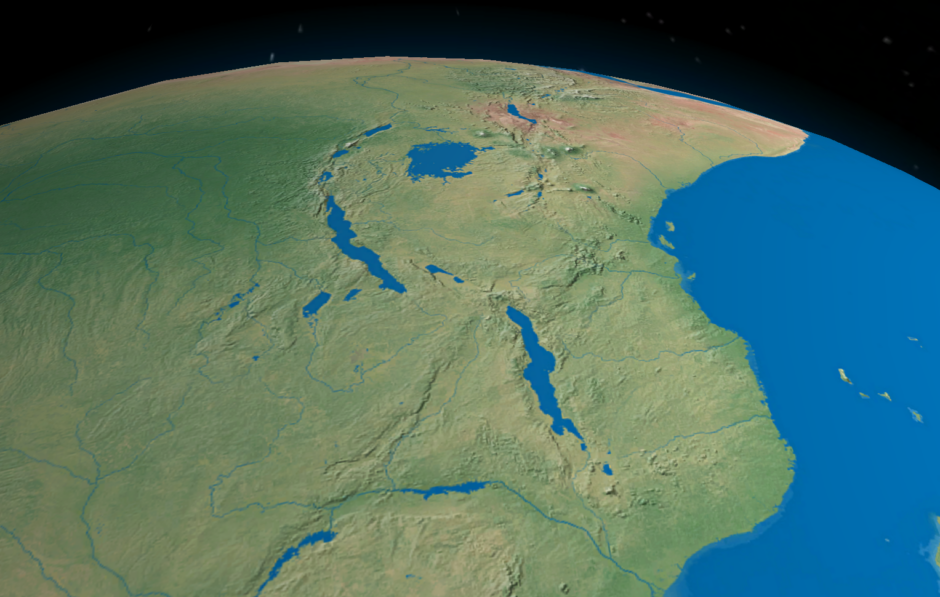
Satellite view of the African Great Lakes region. (Credit: Przemek Pietrak via globalquiz.com and Flickr, CC BY 2.0)
Requirements for Harmonized Monitoring Efforts in the African Great Lakes
For monitoring efforts to be successful, the article outlines three requirements that must be met in order to overcome barriers and ensure the longevity of the program:
- Support of a wide community of researchers, managers and stakeholders.
- Political support toward the common goal of monitoring, regional understanding and protection of vital natural resources.
- Sufficient resources in order to facilitate monitoring. Resources needed include institutional, financial, human and logistic resources.
Each of the above works to overcome the historical barriers that have prevented countries surrounding the African Great Lakes from establishing a long-term monitoring program in the past. Equipment costs, researcher salaries and political implications of data sharing and collaboration are a few of many concerns.
Recognizing the lack of historical data, the need to begin a long-term monitoring program in the African Great Lakes region grows as the lakes continue to be impacted by various stressors. These lakes provide vital ecosystem services, and monitoring can help inform resource managers about what is impacting the lake and how to utilize the lakes sustainably.
Overcoming Barriers through Collaboration
Funding for such a large project is one of the primary concerns outlined in the research. While they recognize that many governments do not have sufficient funding for long-term projects, the study argues that such monitoring should be prioritized. Beyond government funding, the combined work of private donors or a large number of participants could create a consortium focused on monitoring the African Great Lakes region.
The success of collaborative monitoring efforts in the Laurentian Great Lakes is highlighted as an example of such partnerships in action. While the political implications of such efforts must be considered, harmonized monitoring protects local natural resources and promotes joint research on a greater number of subjects.
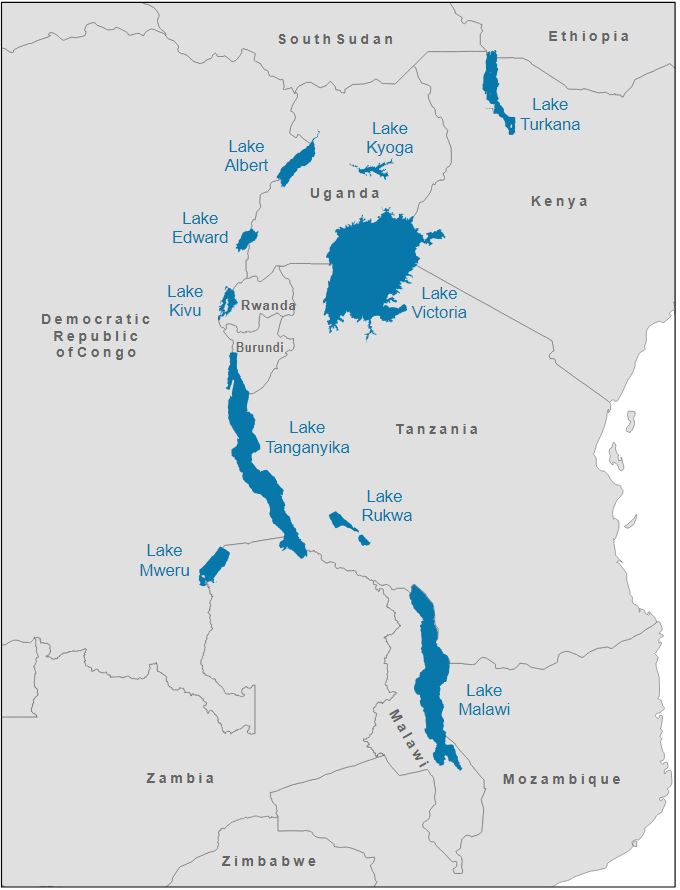
African Great Lakes labeled. (Credit: MellonDor via Wikimedia Commons, CC BY-SA 4.0)
Proposed Strategies
Using other Great Lake regions as examples, the article outlines several strategies to meet monitoring needs. Climate monitoring, remote sensing and modeling are the three primary methods proposed. Facilitation of these methods will be supported by various field stations throughout the basin (at least one station per country and per lake).
Continuous monitoring is also mentioned as a possible viable strategy. The use of automated sampling systems and data buoys could help alleviate some of the personnel costs by increasing the price of monitoring equipment.
Because monitoring efforts in the region may vary between territories, it’s essential that metrics and parameters are standardized to support data sharing. The ultimate goal is to create harmonized monitoring efforts in the African Great Lakes basin—and individual countries should work together to develop a strategy that supports and prioritizes environmental monitoring as these systems are essential to the region.
Source
- Pierre-Denis Plisnier, Robert Kayanda, Sally MacIntyre, et al., Need for harmonized long-term multi-lake monitoring of African Great Lakes, Journal of Great Lakes Research, 2022, ISSN 0380-1330, https://doi.org/10.1016/j.jglr.2022.01.016. (https://www.sciencedirect.com/science/article/pii/S0380133022000326)




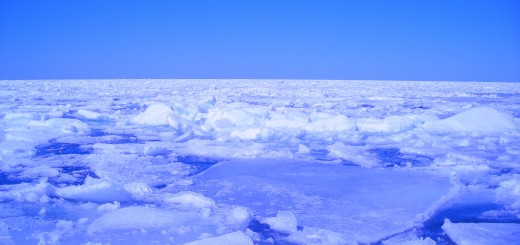
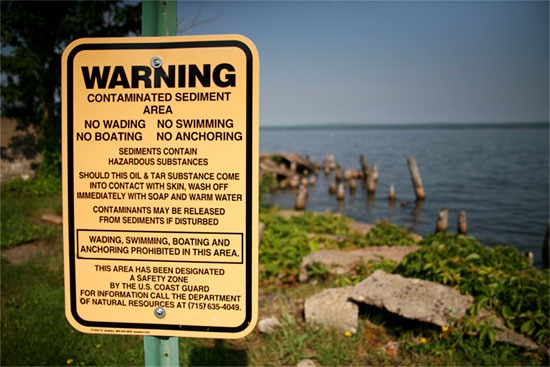
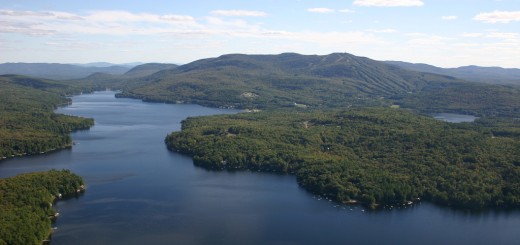
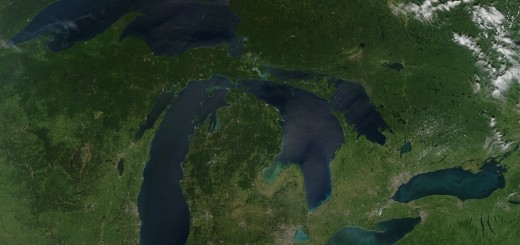

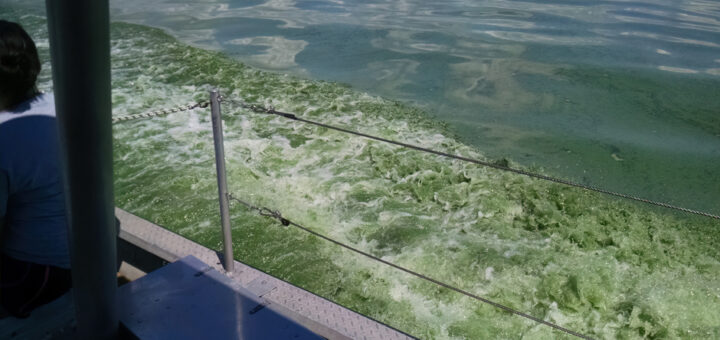

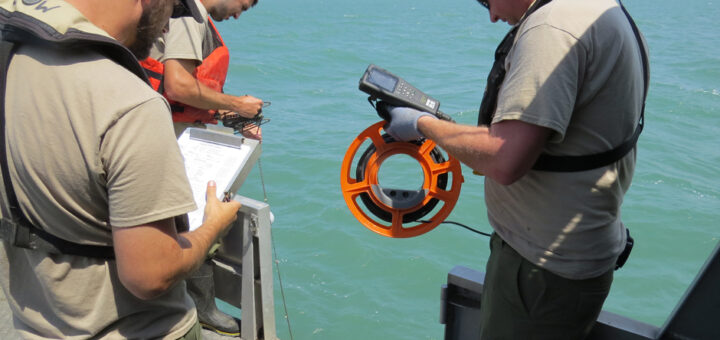
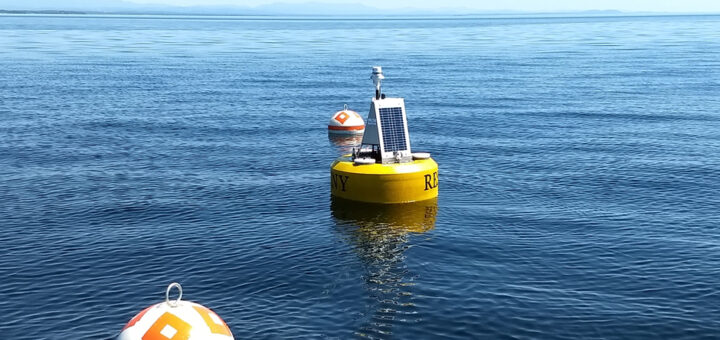

[…] the over lakes in Africa’s Great Lakes region, millions of people rely on Lake Victoria for a variety of land use and ecosystem services, though […]